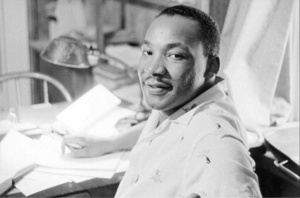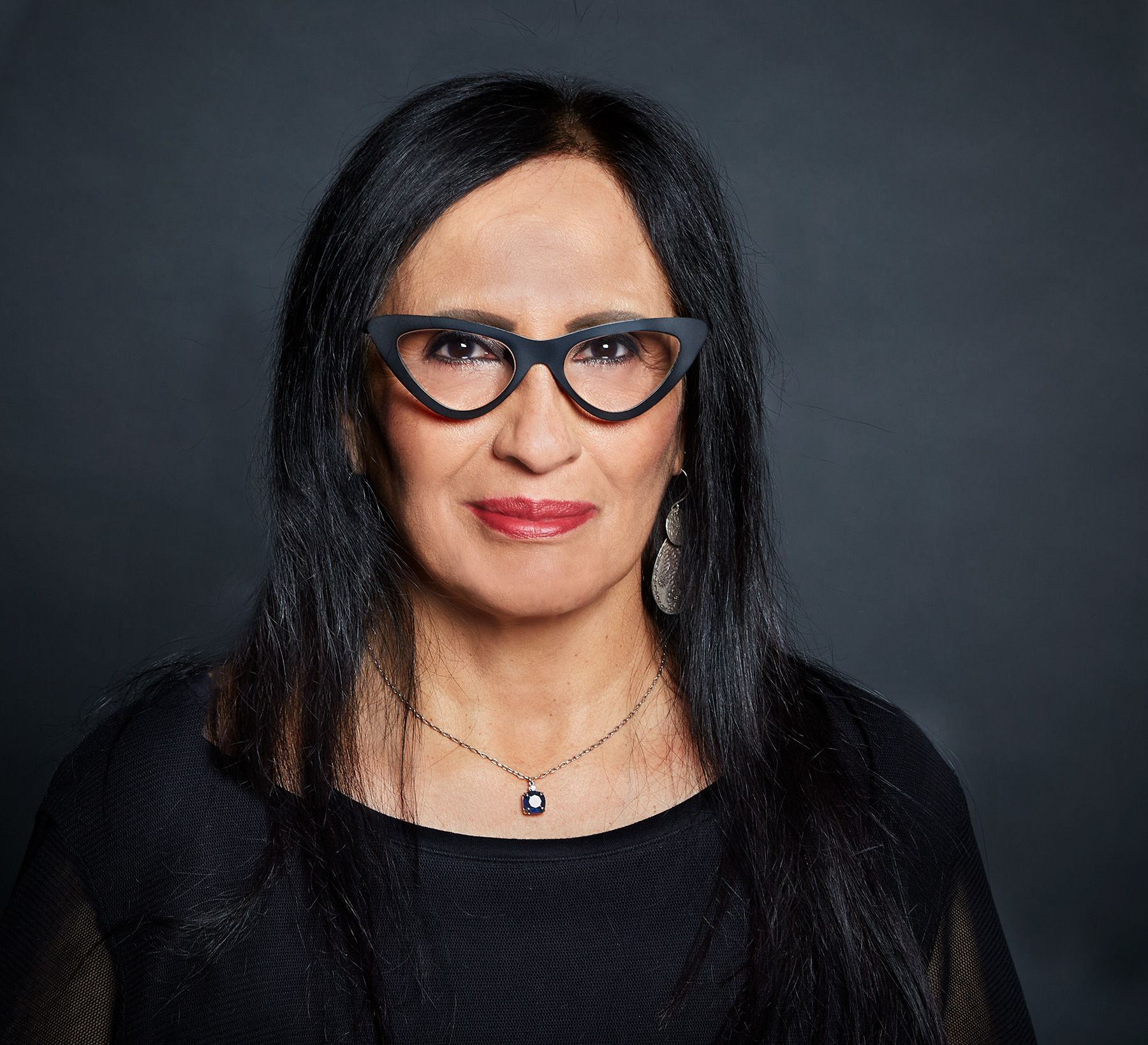Why MLK Believed Jazz Was the Perfect Soundtrack for Civil Rights
 Jazz, King declared, was the ability to take the “hardest realities of life and put them into music, only to come out with some new hope or sense of triumph.”
Jazz, King declared, was the ability to take the “hardest realities of life and put them into music, only to come out with some new hope or sense of triumph.”
There were names like Miles Davis, Sonny Stitt, and Roland Kirk on the bill. The 1964 festival was the first of the series, and it stood as a celebration of the genre, a recognition of the global impact of jazz. And now a big name was lending his support to the music: civil rights leader Martin Luther King, Jr.
In an earlier visit to Berlin, King had talked about the freedom movement’s work throughout the American South, and how he believed that “the Negro is called to be the conscience of our nation.” Nowhere was that call clearer than in jazz. Although King did not attend the festival in person (as scholars later confirmed), his address appeared in the program. There, in that divided city, King, a man who was fighting so hard against the divisions in his own country, was making the connections between the music and the movement.
It was beautiful music, no doubt about it. It was joyful, contemplative, and moving. But it was also a powerful tool in the fight for civil rights. It was music whose greatest stars were Black, and in a country filled with oppression of Black people, that was revolutionary. By the time King gave his speech, the connections between jazz and activism were only getting stronger, both at home and globally. The question isn’t so much why King would speak about the music, but how much of a role jazz played in Black liberation.
In April 1956, Nat “King” Cole took the stage in Birmingham, Alabama. After scoring a number of hits with his jazz trio, Cole had transitioned to his more pop-oriented solo work, which cemented him firmly as a crossover artist—a crooner with mass appeal. These were songs that would go on to become Christmas and wedding staples. They were romantic, upbeat, and emotional. What they certainly weren’t was controversial. But in the segregated South, Cole’s visibility and appeal made him a target for racists. They saw in his act, in his integrated band, and in his popularity “an even more insidious threat than strutting rhythm and blues singers,” as the music scholar Mark Burford explained. About three songs into his performance, Cole was attacked on stage.
Maybe, earlier in the decade, more people would have rallied around Cole. But the Black press at the time saw Cole’s playing for a segregated audience as tantamount to an endorsement of the practice. The Amsterdam News wrote that Cole had “agreed to humiliate himself and his race and sell his talents under Jim Crow conditions.” The NAACP’s executive secretary pointed to the incident as a prime example that “organized bigotry makes no distinction between those who do not actively challenge racial discrimination and those who do.” He urged Cole to join them in fighting the conditions that led to the attack. Read more…
Source from JSTOR, nonprofit library for the intellectually curious
Stay connected to KUVO’s programs and our community! Sign up for the Oasis E-News today!
Become a Member
Join the growing family of people who believe that music is essential to our community. Your donation supports the work we do, the programs you count on, and the events you enjoy.
Download the App
Download KUVO's FREE app today! The KUVO Public Radio App allows you to take KUVO's music and news with you anywhere, anytime!

